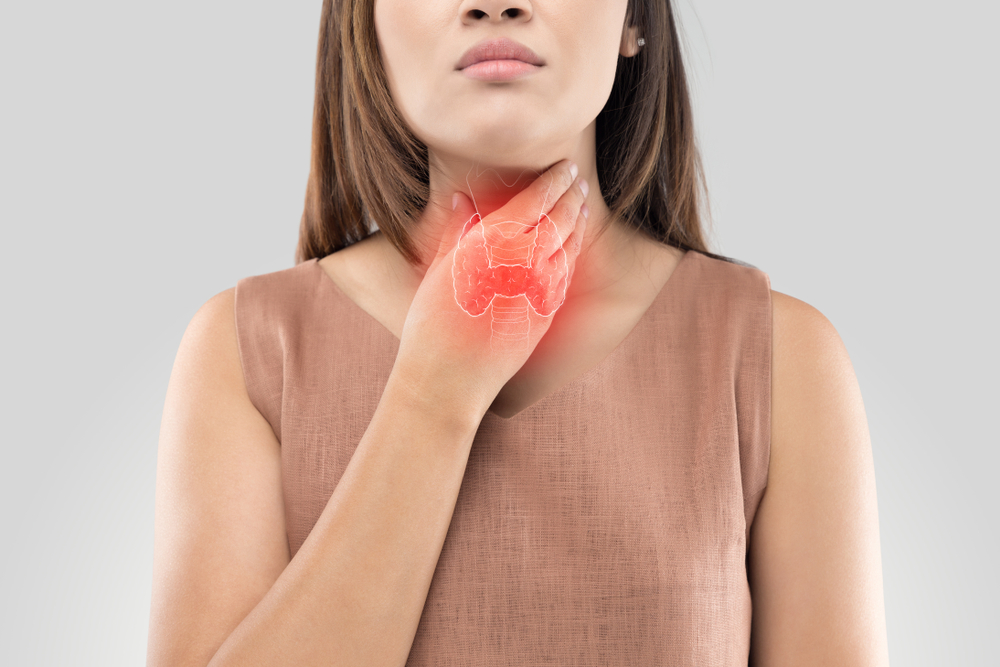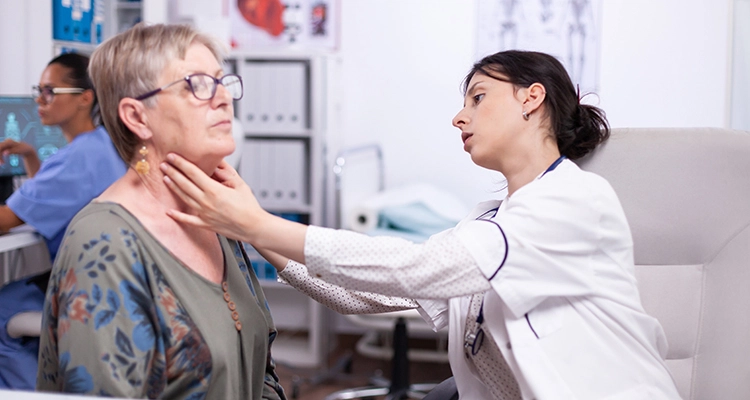The thyroid gland is a small butterfly-shaped organ located in the neck that plays a crucial role in regulating the body’s metabolism. This gland produces hormones that control the body’s energy levels, heart rate, and body temperature. When the thyroid gland doesn’t produce enough hormones, it is referred to as hypothyroidism or low thyroid.
Symptoms of Low Thyroid
Symptoms of low thyroid can vary greatly from person to person, but some common symptoms include fatigue, weight gain, cold intolerance, constipation, dry skin, hair loss, depression, and muscle weakness. These symptoms can also be caused by other conditions, so it is important to see a healthcare provider for a proper diagnosis.
One of the most common causes of low thyroid is an autoimmune disorder called Hashimoto’s thyroiditis. This condition occurs when the immune system mistakenly attacks the thyroid gland, causing inflammation and ultimately leading to a decrease in hormone production. Other causes of low thyroid include radiation therapy, surgery to remove the thyroid gland, and certain medications.
Diagnosis of low thyroid is typically done through a blood test to measure levels of thyroid hormones and thyroid-stimulating hormone (TSH). If a person’s TSH levels are high and thyroid hormone levels are low, it is likely they have hypothyroidism.
Treatment for Low Thyroid
Treatment for low thyroid typically involves taking a daily hormone replacement medication called levothyroxine. This medication replaces the missing thyroid hormones and helps regulate the body’s metabolism. The dosage of levothyroxine may need to be adjusted over time, as well as regular blood tests to monitor hormone levels.
In addition to medication, there are also lifestyle changes that can help manage the symptoms of low thyroid. These include eating a healthy diet, getting regular exercise, and managing stress. It is also important to avoid taking certain medications, such as iron and calcium supplements, at the same time as levothyroxine as they can interfere with the absorption of the medication.
It is also important to note that pregnancy can also affect thyroid function and may require adjustments in medication dosage. Women who are planning to become pregnant should inform their healthcare provider, as they may need to have their thyroid function closely monitored during pregnancy.
It is also important to see a healthcare provider regularly to monitor hormone levels and adjust medication dosage as needed. In some cases, the thyroid gland may recover on its own and hormone replacement therapy may no longer be necessary.
In conclusion, low thyroid or hypothyroidism is a condition where the thyroid gland does not produce enough hormones. Symptoms can vary greatly from person to person and include fatigue, weight gain, cold intolerance, constipation, dry skin, hair loss, depression, and muscle weakness. Treatment typically involves taking a daily hormone replacement medication and making lifestyle changes to manage symptoms. It is important to see a healthcare provider for a proper diagnosis and to monitor hormone levels and adjust medication dosage as needed.

 Home
Home Health
Health Diet & Nutrition
Diet & Nutrition Living Well
Living Well More
More












